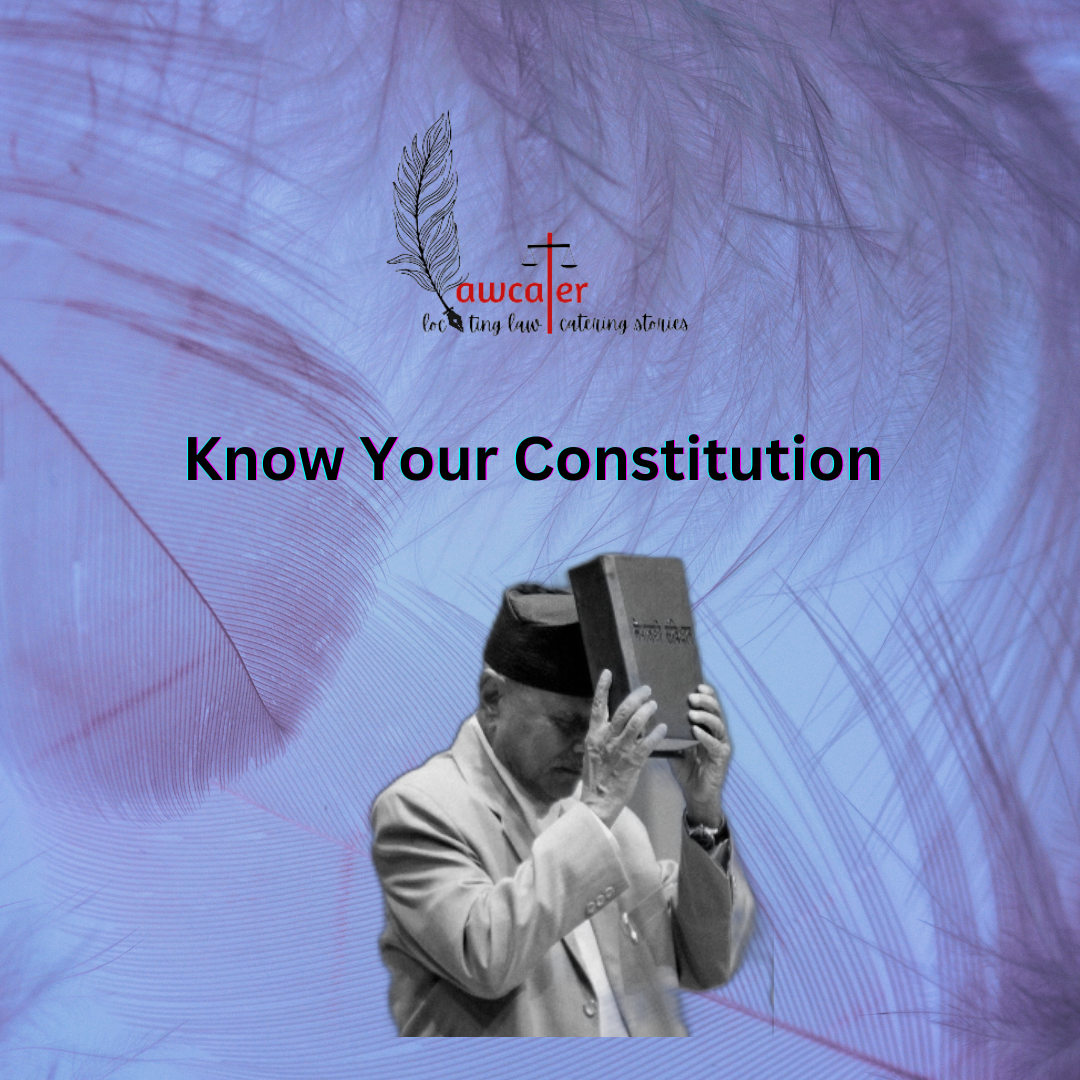Understanding your constitution is not just a civic duty; it's an essential tool for participating in and shaping the governance of your nation. Nepal has undergone significant constitutional changes in recent years, transitioning from a monarchy to a federal democratic republic. This shift has brought about a new constitution, adopted in 2015. In this guide, we'll explore a little trivia of Nepal's constitutions:
- Number of Constitutions: Nepal has been ruled under 7 different constitutions so far, including the present one.
- Black Day: Ashoj 3rd also goes down in the constitutional history of Nepal as a Black Day for the Madhesi populace who were engaged in a 140-day long protest against some discriminatory provisions in the Constitution where 40 lives were sacrificed in violent clashes.
- Constituent Assembly: The present constitution of 2072 is the first constitution that was made by a Constituent Assembly - an assembly especially dedicated to enacting a constitution. Before this, the either legislative parliaments or the King’s Counsels used to carry out the task.
- Sovereignty: The political power lies with the nation's citizens, signifying the ultimate authority in governance. Sovereignty vested in the citizens is a principle that is foundational to democracies, allowing people to shape their government through voting and political participation.
- Citizenship: The citizenship clause has been widely criticized for not being inclusive of the better interests of the female and the Madhesi citizens.
- Status of Nepal: Nepal shall be officially called the ‘Federal Democratic Republic of Nepal’. Nepal is an independent, indivisible, sovereign, secular, inclusive, democratic, socialism-oriented, federal democratic republican State where the term ‘secular’ means religious, and cultural freedoms, including protection of religion and culture handed down from time immemorial.
- Structure: The document is divided into 35 parts, 308 articles, and 9 schedules.
- Fundamental Rights: The citizens of Nepal are entitled to 31 fundamental rights.
- Duties of the Citizens: In return for the privileges that the citizens enjoy as nationals, they need to fulfill essential obligations to ensure the nation's sovereignty and integrity. These duties encompass loyalty to the nation, compliance with the Constitution and laws, readiness to provide compulsory service when required by the State, and the responsibility to protect and preserve public property.
- Award: Recognizing its unwavering adherence to the Future Justice Principles (7/7), the Constitution of Nepal received the Future Policy Silver Award in 2019 for its promotion of youth political participation and civic engagement. This accolade was presented by the World Future Council in collaboration with UNDP and ILO.
These salient features of Nepal’s Constitution have been incorporated under:

Comments